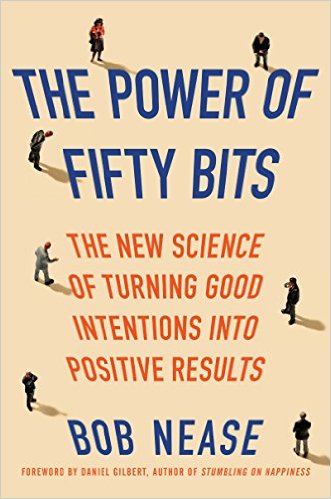Russia’s response to the political turbulence in Ukraine was surprisingly swift and aggressive. In a blink, Crimea was swarming with “plainclothes” military personnel, and a referendum on Crimea’s independence was hastily called. The result? Nearly 97% of Crimeans voted to join Russia.
Concerns about legitimacy of the referendum – the speed with which it was called, whether voters felt truly free to vote their will – are, well, legitimate. But there’s one important feature of the ballot itself that probably stacked the deck strongly in Putin’s favor: keeping the status quo wasn’t one of the options.
That’s right… voters had just two options when they went to the polls on March 16th: either join Russia, or return to the 1992 Crimean constitution. It’s important to note that the 1992 constitution made Crimea much more independent from Ukraine, both politically and financially.
Excluding the status quo (i.e., Crimea as a full-fledged part of Ukraine, albeit with its own parliament) packed a one-two punch in Russia’s favor. First, inertia nearly always favors the status quo, making it likely that had that option been included it would have garnered a large fraction of the votes. But perhaps more importantly, had it been included along with the other two options the status quo would have likely benefited from the decoy effect.
To understand the decoy effect, let’s step away from Crimea and into a local pub. Suppose Jim and Jack are going out looking for dates. Jim is tall, fair haired, blue eyed and slightly dweeby. Jack is shorter, dark haired and muscular. Some women will clearly favor Jim, others will clearly favor Jack, and some will be torn (e.g., “I sure like Jim’s height, but Jack’s dark hair is really attractive”). But Jim can attract more potential dates by bringing along his wingman, Judd, who is similar to him but just not quite as attractive — blond haired and blue eyed, but slightly shorter and with a bulbous nose.
Surprisingly, by having an option over which Jim clearly dominates, he will draw potential dates away from Jack. That is, by making Jim clearly superior to an irrelevant option (sorry, Judd), Jim somehow becomes superior to Jack among potential dates. (This effect was documented by Dan Ariely and colleagues in a study looking at mate selection.)
Now, back to Crimea. Let’s suppose that we really wanted to know whether Crimea wanted to keep things as is (status quo) or become part of Russia, and that the key issues are independence and financial viability. The status quo scores higher in terms of independence but lower on financial viability (by stepping away from Russia, the Ukraine faces some stark economic issues). On the other hand, annexation to Russia looks better economically but doesn’t score very highly on independence. Now suppose that a return to the 1992 constitution is included. Compared to the status quo, it’s no better in terms of independence and worse financially. The decoy effect suggests that the status quo would benefit by comparison, and would siphon votes away from those who might otherwise choose annexation.
Did Vlad do it on purpose? If the upheaval in Ukraine continues, and calls for secession arise in other regions there, which options should be on the table?



